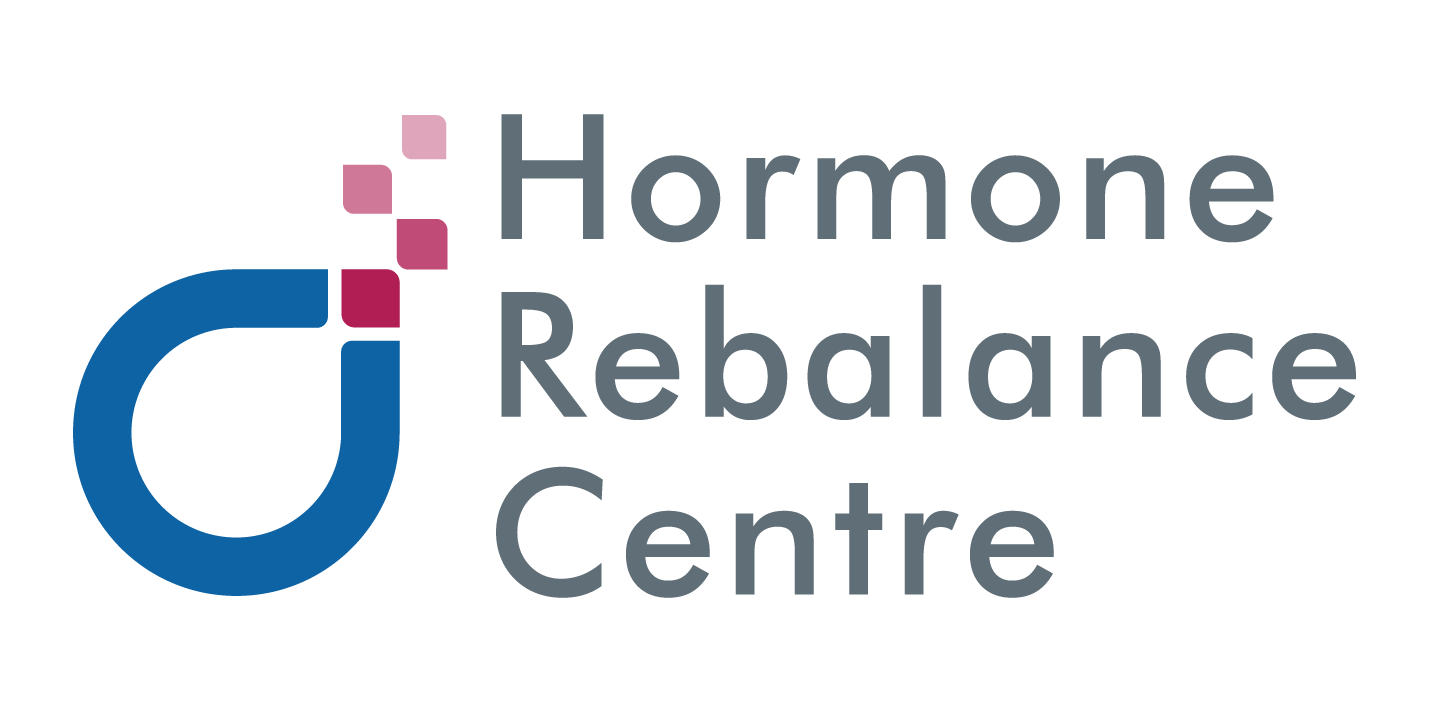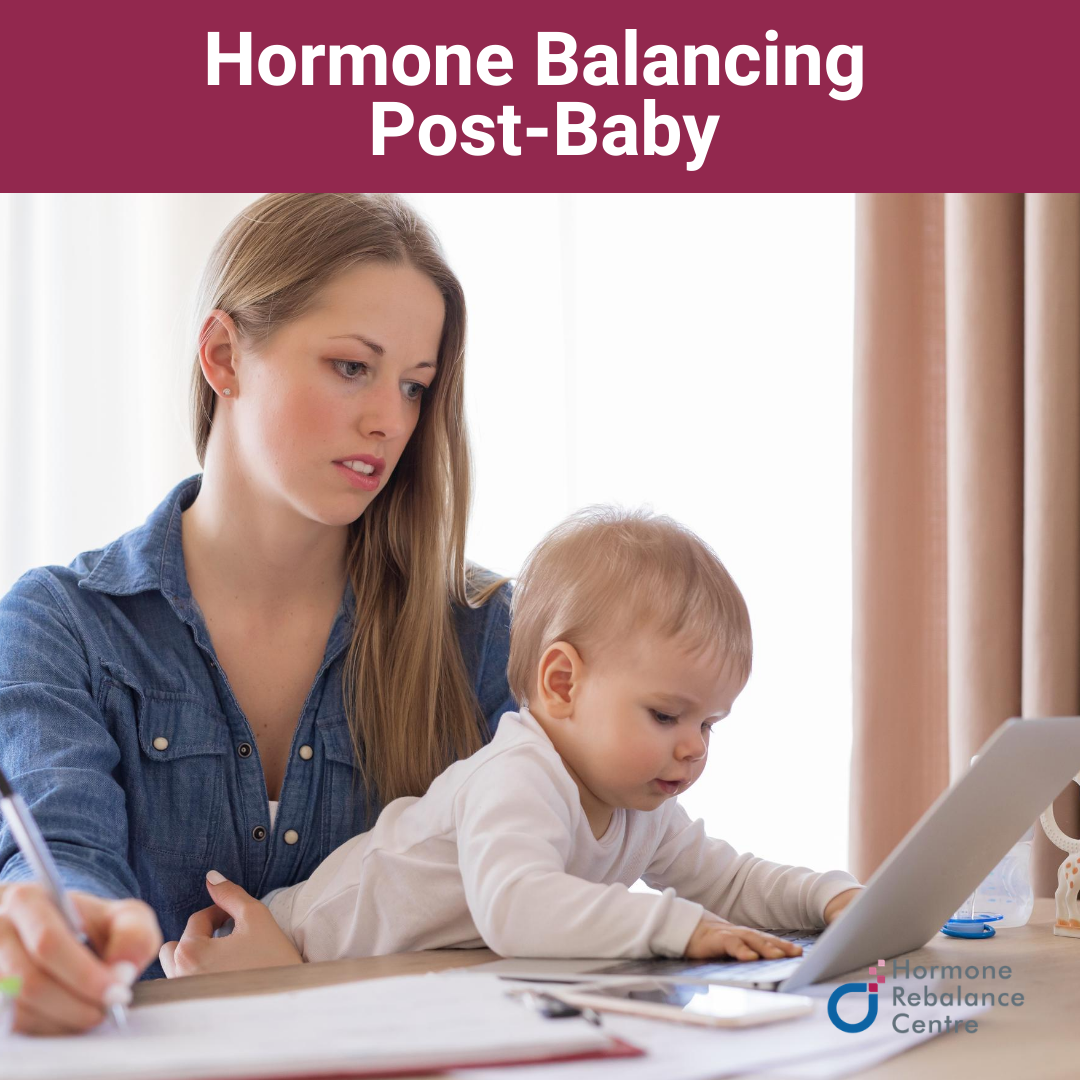As a mom of three young girls, that are almost 5, 3 and 1 years old, I know first hand how hormones can change after having a baby (or 3)! I personally experienced the biggest changes after my 3rd pregnancy; my periods became much heavier, my mood swings more evident and it took me longer to get back to my body than ever before.
No doubt that the accumulation and shear stress of having two other young kids on top of a new baby added to the hormonal changes. But there are also additional considerations that are important for women to understand about their bodies after having children.
It’s important to first point out what should be considered “normal”.
If you are breastfeeding, this is NOT the right time in your life to focus on testing and balancing your hormones, specifically your sex hormones. Simply because you don’t want to be changing what your hormones are doing at the moment.
While breastfeeding, there are very specific hormones, like prolactin, that needs to be produced in high levels in order to support your milk production. This suppresses your ovulation and impacts your sex hormone production so it’s likely that you are not getting a period during this time, and that is considered NORMAL.
This doesn’t mean that there is nothing you can do to help support your body while breastfeeding! Some things you should consider, especially if you are trying to get back into better shape, support your moods and if you are experiencing significant fatigue, could include:
I am breastfeeding, so what can I do to support my hormones?
- Make sure you are still taking your prenatal vitamins. Many women think that after giving birth they no longer need them, but in fact they need them more than ever! Your body will prioritize using your nutrients to produce milk for your baby and you get whatever is left over so make sure you are getting ongoing supplementation to fill in the gaps (even if you are eating a healthy diet); this can only help!
- Don’t go crazy on cutting back on the carbs, but don’t overindulge either. Although I often recommend low carb high fats diets for women who have hormonal imbalance and want to lose weight, cutting back on the carbs can negatively impact your milk supply. Simply focus on healthy carb options, such as brown rice, whole grains, fruit, root vegetables rather than white pasta, pizza and ice cream.
- Make sure to check your thyroid levels and nutrient status. It is very common for women to have their thyroid impacted post pregnancy. If you are struggling with weight that is very hard to lose, prominent fatigue, constipation, hair changes, etc., it’s worthwhile getting your thyroid levels tested along with other nutrients such as iron, vitamin D and vitamin B12. These are all safe to tackle while breastfeeding.
- Consider adding a good quality fish oil to your regimen. You may have taken it during your pregnancy, thinking the DHA component is important for the baby’s brain development, but the EPA component is important for mom’s health and to help reduce the risk of postpartum depression. Continue taking fish oils while breastfeeding and even longer if you are struggling with your moods.
I am not breastfeeding, so how can I support my hormones after having a baby?
The reality is, you need to look at your hormones from a clean slate. If you used to have heavy periods, now they could be lighter and if you used to have light or normal periods, now they can be heavier. What your hormone levels were before the baby could be very different from where they are now after the baby.
The best recommendation if you are struggling with bothersome symptoms after having a baby, is to check your hormone levels!
Consider doing a comprehensive work-up that includes your sex hormones (estrogen, progesterone and even testosterone), thyroid hormones, cortisol (your stress hormones), and other nutrients such as B-vitamins, detoxification pathways and antioxidant status.
At our centre, we typically use advanced urine testing that looks at 50+ hormonal, nutritional and metabolic markers so we understand each woman’s unique biochemistry and what is out of balance. You can learn more about our Testing Options Here.
The best time to consider doing a comprehensive work-up is after having 2-3 regular periods after giving birth (as mentioned, thyroid you can test earlier), or if it’s been more than 3 months after you’ve stopped breastfeeding and you still haven’t gotten your period.
Additional tips to consider to help balance your hormones:
- Continue taking your prenatal vitamins, or switch to general multi-vitamins for months after having a baby and breastfeeding. This can help ensure you are offsetting any nutritional deficiencies that could have been created while you were pregnant.
- Continue supplementing with fish oil as outlined above, especially if you are struggling with depression and mood fluctuations
- Now is the time you can consider being more restrictive on the carbs if you are looking to lose more weight. You may experiment with the ketogenic diet (read our blog on whether the ketogenic diet may be right for women here) or intermittent fasting as these are both a great way to kickstart weight loss and get your hormones back into shape. If these seem challenging, just start by focusing on low-carb breakfast options.
- Support your adrenals! These are the glands in the body that produce your stress hormones. Pregnancy and birth, as lovely, joyous and miraculous as they are, are HIGH stressors on a woman’s body. Not supporting your stress response in this process is a sure way to greater fatigue, crappy moods and even weight gain. There are many ways to support your stress response, ranging from exercise, getting as much sleep and rest as you can, meditation, journaling, as well as ensuring you are getting a good dose of nutrients that are required to make your stress hormones, such as B vitamins, vitamin C and some botanicals like ashwagandha, holy basil, ginseng and astragalus. I do recommend however testing your actual cortisol levels first to choose the best treatment option for you.
- Focus on high nutrient dense foods. Consider doing one superfood packed smoothie or salad per day before you worry about 3 healthy meals. Add low carb fruit such as berries, healthy fats such as almond butter, healthy seeds such as chia/flax/hemp, a scoop of greens powder to get your concentrated dose of green vegetables and a healthy protein powder.
- Use seeds in therapeutic doses in order to balance your hormones naturally! Check out this blog post on seed cycling to balance your hormones and regulate your periods.
Don’t settle on feeling crappy after having a baby. Yes it’s normal to have sleepless nights and feel tired and overwhelmed, but there is lots that you can do to support your body in this process to make sure you have as much energy and vitality as possible!
Reach out to us if you would like to learn more about your options! We are here to support you.


No Comments